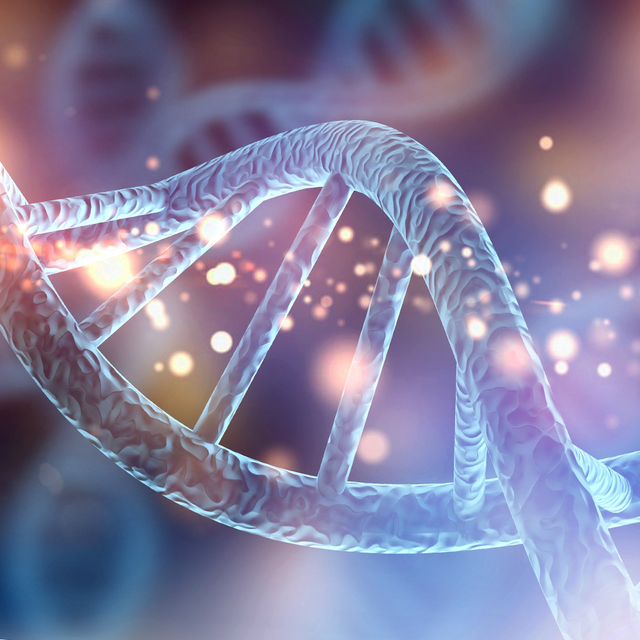Introduction to Forensic Biology and DNA Analysis - Webinar - July 27, 2023
SKU:
072723-IFBDA
$79.00
$79.00
Unavailable
per item
Instructor: Lisa Desire, MS
Hours: 1:00 pm - 4:00 pm EDT
Registration : Once tuition has been paid, you will receive a registration link via email.
Payment: Please ensure that the student name(s) are entered in the shopping cart. If you are employed by an agency requesting to be invoiced for tuition or if you require assistance with registration, please contact Phil Sanfilippo at [email protected] or call 800-438-7884, ext. 1025.
Hours: 1:00 pm - 4:00 pm EDT
Registration : Once tuition has been paid, you will receive a registration link via email.
Payment: Please ensure that the student name(s) are entered in the shopping cart. If you are employed by an agency requesting to be invoiced for tuition or if you require assistance with registration, please contact Phil Sanfilippo at [email protected] or call 800-438-7884, ext. 1025.
Introduction to Forensic Biology and DNA Analysis
4 Hours
Blood, semen, and saliva are fluids commonly found at the scene of the crime. While many years ago it was sufficient for a serologist to simply identify those samples as such, a modern-day forensic biologist further individualizes the source of that evidence through DNA analysis. This powerful forensic tool is used to expose the guilty, exonerate the innocent, confirm the identity of an unknown individual, and explain biological relationships through paternity testing or kinship analysis.
This course will be valuable to many – to the crime scene investigator collecting the evidence, the detective looking to obtain DNA samples for comparisons, the attorney requiring an understanding of terminology and results before presenting their evidence in court or cross examining the expert witness, and to those desiring more information about this fascinating field.
The following topics will be covered:
• Forensic biology and the presumptive identification (field testing) of biological fluids
• Various types of biological evidence and factors affecting their collection
• DNA: what it is, where it is found, and how it can be vital to an investigation
• Steps involved: extraction, PCR, STR analysis
• Interpretation and implication of results
• Degradation, partial profiles, and other limitations of DNA testing
• Contamination
• Mitochondrial DNA sequencing and YSTR analysis
• Tactics for collecting samples from known individuals
• Current terminology and language used in labs and courtrooms
• Realistic expectations vs the “CSI effect”
• Proper cross examination of a forensic biologist
• DNA databases, Innocence Projects, Genealogy, cold cases, statistics
4 Hours
Blood, semen, and saliva are fluids commonly found at the scene of the crime. While many years ago it was sufficient for a serologist to simply identify those samples as such, a modern-day forensic biologist further individualizes the source of that evidence through DNA analysis. This powerful forensic tool is used to expose the guilty, exonerate the innocent, confirm the identity of an unknown individual, and explain biological relationships through paternity testing or kinship analysis.
This course will be valuable to many – to the crime scene investigator collecting the evidence, the detective looking to obtain DNA samples for comparisons, the attorney requiring an understanding of terminology and results before presenting their evidence in court or cross examining the expert witness, and to those desiring more information about this fascinating field.
The following topics will be covered:
• Forensic biology and the presumptive identification (field testing) of biological fluids
• Various types of biological evidence and factors affecting their collection
• DNA: what it is, where it is found, and how it can be vital to an investigation
• Steps involved: extraction, PCR, STR analysis
• Interpretation and implication of results
• Degradation, partial profiles, and other limitations of DNA testing
• Contamination
• Mitochondrial DNA sequencing and YSTR analysis
• Tactics for collecting samples from known individuals
• Current terminology and language used in labs and courtrooms
• Realistic expectations vs the “CSI effect”
• Proper cross examination of a forensic biologist
• DNA databases, Innocence Projects, Genealogy, cold cases, statistics
Certification
This course has been submitted to the IAI Certification Boards for approval. Please see our IAI Certifications page for more information.
This course has been submitted to the IAI Certification Boards for approval. Please see our IAI Certifications page for more information.

